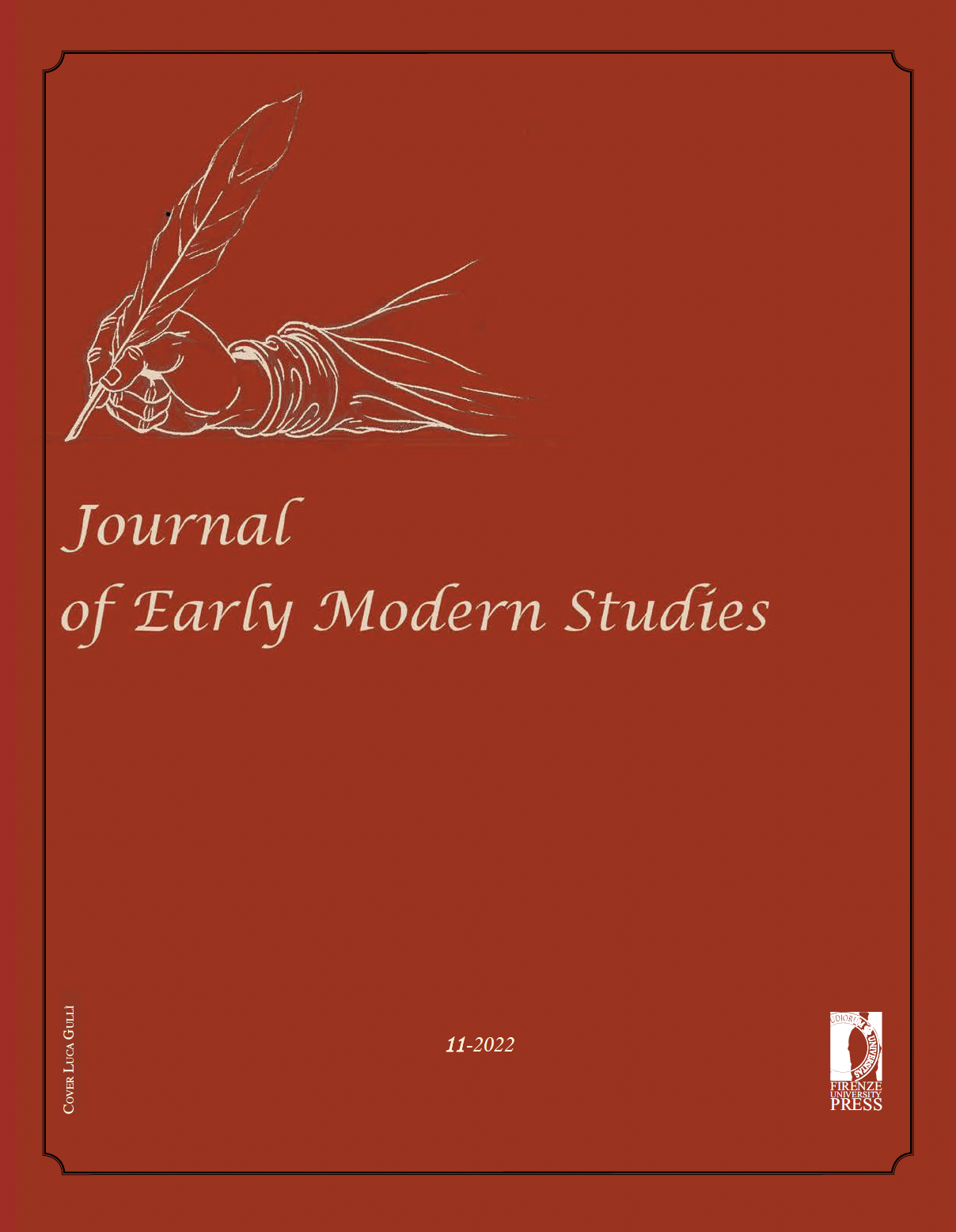Published 2022-03-24
Keywords
- Creative Writing,
- The Oeuvre,
- The Work,
- Tradition,
- T.S. Eliot
How to Cite
Abstract
The general argument is that the oeuvre-concept, along with the work-concept, both suitably refreshed, need to be more deliberately and self-consciously re-introduced into editorial and literary-critical study. A survey of several poets’ attitudes to their own body of writings, followed by the cases of some novelists, clears the ground for two sharply contrasting understandings of the oeuvre-concept to emerge: the writer’s self-memorialising oeuvre and the scholar’s broader oeuvre. They expose the evasiveness of T.S. Eliot’s famous appeal to tradition (in his essay ‘Tradition and the Individual Talent’ of 1919). This potentially competing concept of Eliot’s depends, it is argued, on an idealism that severs its contact with the material evidence and practices of creative writing. Eliot’s shifting attitude towards tradition is traced, and its historical attractions in its time are discussed.


